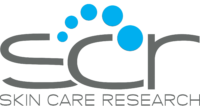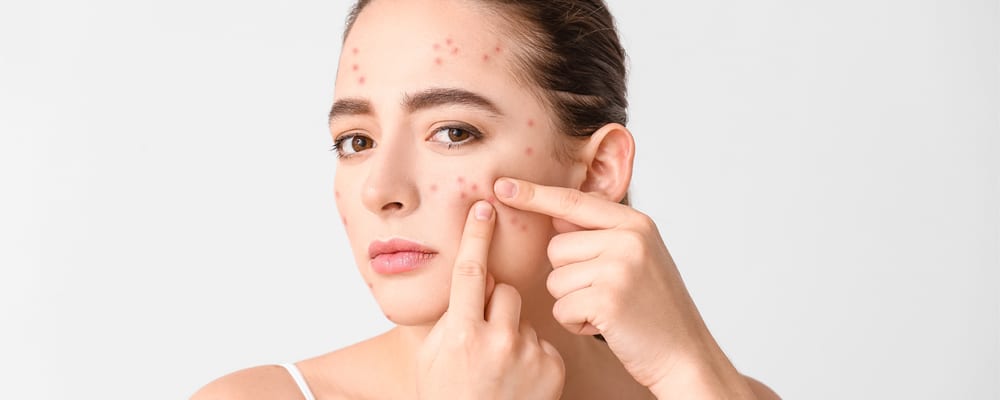At Skin Care Research, we are continually running clinical trials to come up with better understanding and treatment approaches for the most pressing issues in dermatology. From eczema to rosacea, psoriasis to alopecia, we help patients get treatments they need through these trials.
Although we don’t have any current trials for acne, it’s always a part of our ongoing research at Skin Care Research. One question we often hear concerning acne is “How effective are acne treatments?”
Let’s get into that in this pre-Easter blog.
What Causes Acne?
There are many myths and misconceptions about what exactly causes acne. People think eating chocolate or potato chips causes acne breakouts. They’ve heard that keeping your skin as dry as the Sahara is the key to keeping acne at bay.
Uh, no, on both counts.
Acne is caused by clogged sebaceous glands. These glands are located at the base of the hair follicles, and they work to keep our skin and hair moisturized by releasing oil out through the hair follicles. During puberty, teenage hormones kick into overdrive, and this leads to increased oil production in the sebaceous glands. They cannot get rid of the oil quickly enough, so the glands start to become clogged. Now the bacteria that is always present in these glands, P.acnes bacteria, start reproducing like mad. This inflames the gland and the surrounding tissues, and this leads to a breakout.
Treatments
The effectiveness of acne treatments depends on the patient. Some patients use over-the-counter treatments with great effectiveness. Others need prescription medications. The FDA has even approved three types of birth control pills for treating acne; all of these contain combinations of estrogen and progesterone. There are now a number of prescription creams, such as Tazorac and Tretinoin, that are proving successful. Salicylic acid and azelaic acid are active ingredients in many of these treatments. Products such as AKLIEF Cream work to remove dead skin cells from the skin surface, and this helps keep the pores from clogging. Moderate acne can respond to tetracycline antibiotics.
Probably the single most effective acne treatment is the oral retinoid, isotretinoin. You know this as Accutane. While not the first course of treatment in any patient due to potential side effects, for those with severe acne that could seriously scar their face, Accutane can be a miracle worker.
Are you interested in a clinical trial at Skin Care Research? Call us at (561) 948-3116 to inquire about trials that we are currently enrolling participants.

